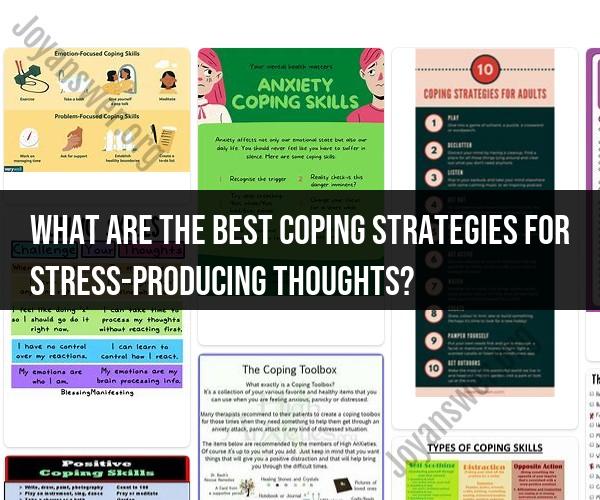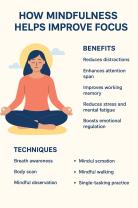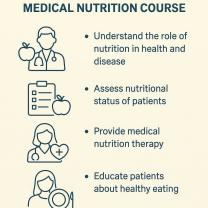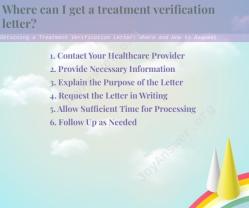What are the best coping strategies for stress-producing thoughts?
Coping with stress-producing thoughts is essential for maintaining mental and emotional well-being. Here are some effective coping strategies to help you manage and reduce stress:
Identify and Acknowledge Stressful Thoughts:
- The first step is to recognize when you're experiencing stress-producing thoughts. Acknowledge them without judgment.
Practice Mindfulness:
- Mindfulness techniques, such as meditation and deep breathing, can help you stay present and reduce the impact of stressful thoughts.
Challenge Negative Thoughts:
- Use cognitive-behavioral techniques to challenge and reframe negative thoughts. Ask yourself if your thoughts are based on facts or assumptions.
Journaling:
- Keep a journal to write down your thoughts and emotions. This can help you gain insights into your stressors and develop solutions.
Time Management:
- Create a structured daily schedule to manage your time effectively. This can reduce the feeling of being overwhelmed.
Set Realistic Goals:
- Break down larger tasks into smaller, achievable goals. Celebrate your accomplishments, no matter how small they may seem.
Social Support:
- Share your thoughts and concerns with a trusted friend, family member, or therapist. Talking about your stressors can provide relief and perspective.
Physical Activity:
- Engage in regular physical activity, such as walking, jogging, or yoga. Exercise releases endorphins, which are natural mood lifters.
Healthy Eating:
- Maintain a balanced diet rich in fruits, vegetables, whole grains, and lean proteins. Avoid excessive caffeine and sugar, which can contribute to anxiety.
Adequate Sleep:
- Ensure you get enough quality sleep. Lack of sleep can exacerbate stress and make it difficult to cope with challenging thoughts.
Relaxation Techniques:
- Practice relaxation exercises, such as progressive muscle relaxation or guided imagery, to reduce physical and mental tension.
Limit Stressors:
- Identify sources of stress in your life and take steps to minimize or eliminate them where possible. Set boundaries to protect your well-being.
Seek Professional Help:
- If stress and anxiety become overwhelming or chronic, consider consulting a mental health professional for therapy or counseling.
Stay Organized:
- Use tools like to-do lists, calendars, and reminders to keep track of tasks and deadlines.
Humor and Laughter:
- Find moments of levity in your day. Laughter can be a powerful stress reliever.
Self-Compassion:
- Be kind to yourself. Treat yourself with the same compassion and understanding you would offer to a friend facing similar challenges.
Positive Affirmations:
- Practice positive self-talk and affirmations. Remind yourself of your strengths and capabilities.
Limit Information Overload:
- Reduce exposure to stressful news or social media when it becomes overwhelming. Stay informed but in moderation.
Hobbies and Creative Outlets:
- Engage in activities you enjoy, whether it's painting, playing music, gardening, or any hobby that brings you joy.
Professional Guidance:
- Consider consulting a therapist or counselor who specializes in stress management techniques and cognitive-behavioral therapy.
It's important to remember that coping with stress-producing thoughts is an ongoing process, and different strategies work for different people. Experiment with these techniques to find the ones that resonate with you and incorporate them into your daily life. Building resilience to stress takes time, but with practice, you can develop effective coping mechanisms to manage stress and improve your overall well-being.













